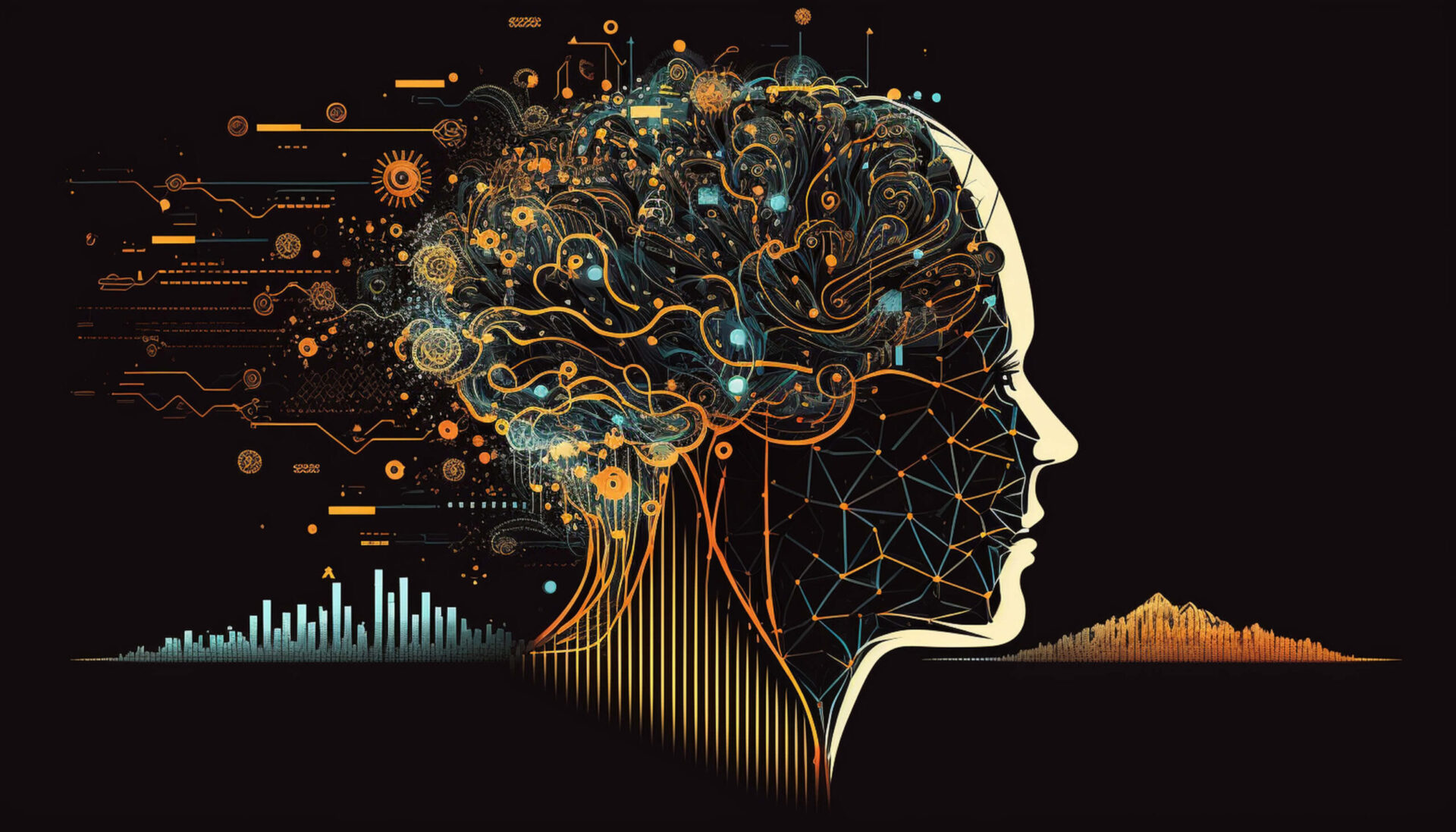In this rapidly advancing era of technology, artificial intelligence (AI) and machine learning (ML) have become indispensable tools in various domains. They offer immense potential for innovation and transformation across industries, revolutionizing the way we live and work. However, as these technologies become increasingly integrated into our daily lives, it is crucial to address the ethical considerations associated with them. This article explores the ethical dimensions of AI and ML, emphasizing the need to strike a balance between innovation and responsibility.
Introduction
AI and ML refer to the ability of machines to perform cognitive tasks that traditionally required human intelligence. These technologies enable systems to learn from data, identify patterns, make predictions, and even engage in decision-making processes. While the benefits are undeniable, they also raise ethical concerns that must be taken into account to ensure their responsible development and deployment.
Understanding AI and ML
Before delving into ethical considerations, it is essential to grasp the fundamentals of AI and ML. AI encompasses the broader concept of machines exhibiting intelligence, while ML is a subset of AI that focuses on algorithms and statistical models allowing systems to learn from data without being explicitly programmed. ML algorithms process vast amounts of data to generate insights and predictions, forming the basis of many AI applications.
Ethical Concerns in AI and ML
The proliferation of AI and ML introduces several ethical challenges that must be addressed. These concerns revolve around bias and discrimination, privacy and data protection, transparency and explainability, and accountability and responsibility.
Bias and Discrimination
AI systems are trained on historical data, which can embed biases present in society. If left unchecked, these biases can perpetuate discrimination and exacerbate social inequalities. It is essential to develop algorithms that are fair, unbiased, and free from discriminatory outcomes.
Privacy and Data Protection
AI and ML rely on vast amounts of personal data for training and decision-making. Ensuring robust privacy and data protection measures is crucial to safeguard individuals' rights and prevent unauthorized access or misuse of sensitive information.
Transparency and Explainability
AI algorithms often function as black boxes, making it challenging to understand the reasoning behind their decisions. Ensuring transparency and explainability is vital to build trust and enable stakeholders to assess the reliability and fairness of AI systems.
Accountability and Responsibility
Determining responsibility when AI systems make mistakes or produce harmful outcomes is a complex issue. It is crucial to establish clear lines of accountability and define the legal and ethical implications of AI and ML applications.
Balancing Innovation and Responsibility
Achieving a balance between innovation and responsibility is a fundamental aspect of ethical AI and ML. While innovation drives progress and offers immense possibilities, it should not come at the expense of ethical considerations. It is essential to strike a delicate equilibrium where technological advancements are guided by ethical principles, ensuring that AI and ML serve the greater good.
Ethical Frameworks in AI and ML
To navigate the ethical landscape of AI and ML, various ethical frameworks can be applied. Three prominent frameworks include utilitarianism, deontology, and virtue ethics.
Utilitarianism
Utilitarianism focuses on maximizing overall societal welfare. From an AI perspective, this framework promotes the development of systems that optimize outcomes and minimize harm for the greatest number of people.
Deontology
Deontology emphasizes adhering to moral rules and principles. In the context of AI and ML, this framework highlights the importance of designing systems that respect fundamental human rights and ethical guidelines, regardless of the consequences.
Virtue Ethics
Virtue ethics centers on cultivating virtuous traits and behaviors. Applying this framework to AI and ML involves considering the impact of these technologies on individual character and societal values, aiming for the development of systems that align with virtuous principles.
Regulatory Measures
To ensure ethical practices in AI and ML, regulatory measures play a crucial role. Governments and organizations need to establish robust legal frameworks and guidelines that promote responsible development, deployment, and use of AI systems. These measures should address issues like data governance, algorithmic transparency, and accountability.
Building Trust and Public Acceptance
Building trust and fostering public acceptance are vital for the widespread adoption of AI and ML. Organizations should prioritize transparency, actively communicate the benefits and risks of these technologies, and involve stakeholders in decision-making processes to address concerns and ensure ethical practices.
Industry Initiatives for Ethical AI and ML
Recognizing the significance of ethical considerations, the industry has taken proactive steps to promote responsible AI and ML practices. Companies have established ethical guidelines, formed committees, and invested in research to develop tools and techniques that mitigate ethical risks.
Impact of Ethical Considerations
Considering ethical dimensions in AI and ML has a profound impact on society. By addressing bias, protecting privacy, ensuring transparency, and upholding accountability, these technologies can contribute to a more equitable, inclusive, and beneficial future.
Future Directions
As AI and ML continue to evolve, it is essential to anticipate and address emerging ethical challenges. Ongoing research, collaboration, and multidisciplinary efforts are necessary to shape the future of AI and ML in a way that aligns with ethical principles and societal values.
Conclusion
In conclusion, the rapid advancement of AI and ML necessitates careful consideration of ethical concerns. Balancing innovation and responsibility is paramount to harness the potential of these technologies while safeguarding human values and societal well-being. By embracing ethical frameworks, implementing regulatory measures, building trust, and promoting industry initiatives, we can ensure a future where AI and ML positively transform our world.
FAQs
Q1. What are the main ethical concerns in AI and ML?
The main ethical concerns in AI and ML include bias and discrimination, privacy and data protection, transparency and explainability, and accountability and responsibility.
Q2. How can we balance innovation and responsibility in AI and ML?
Balancing innovation and responsibility in AI and ML involves ensuring that technological advancements are guided by ethical principles and serve the greater good without compromising ethical considerations.
Q3. What are some ethical frameworks that can be applied in AI and ML?
Prominent ethical frameworks that can be applied in AI and ML include utilitarianism, deontology, and virtue ethics.
Q4. How can we build trust and public acceptance for AI and ML?
Building trust and public acceptance for AI and ML can be achieved through transparency, open communication, involving stakeholders in decision-making, and addressing concerns related to ethics and impact.
Q5. What is the impact of ethical considerations in AI and ML?
Ethical considerations in AI and ML have a significant impact on society, promoting fairness, inclusivity, privacy protection, and accountability while mitigating biases and discriminatory outcomes.






